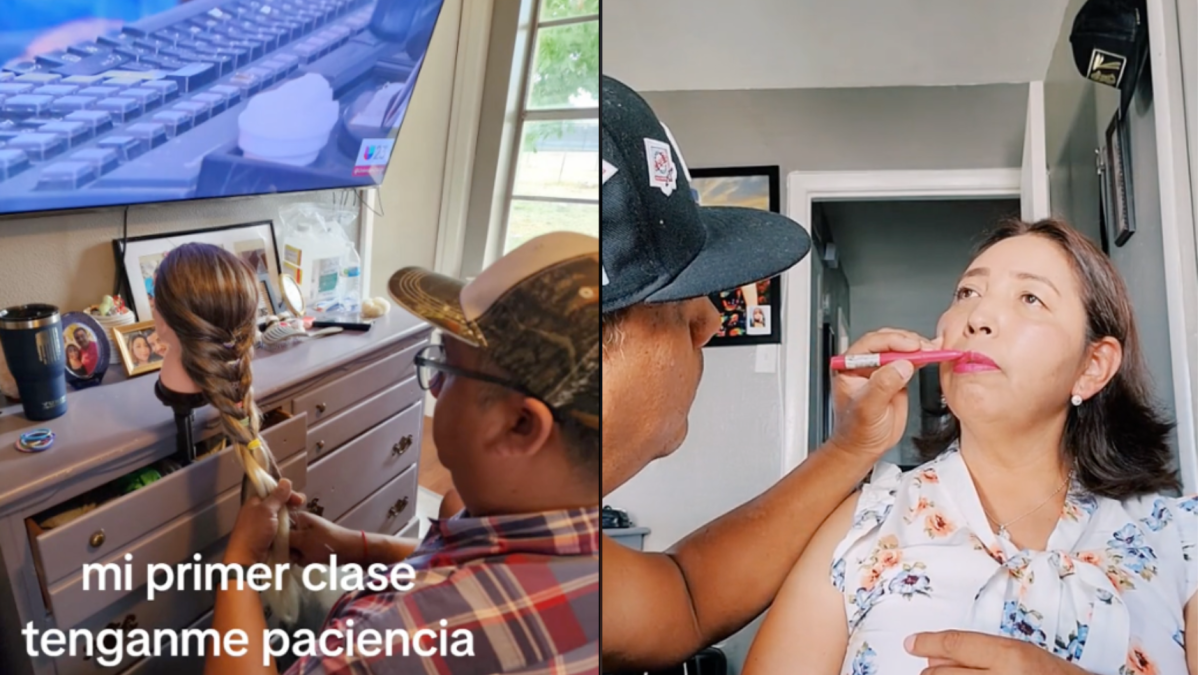“The newspaper said that a large proportion of Finns had filled the refrigerator incorrectly all their lives and this could have fatal consequences for the microbiological quality of the food. Why nowhere is it said that most Finns had lived wrong all their lives and it could have fatal consequences for life? ”
This quote really sums up Laura Mannisen (b. 1976) the idea of a third novel.
Coming tomorrow The last closes the curtains is an almost dystopian work in which the care of society has been taken so far that children are sent to boarding schools as soon as school begins.
“We work and pay taxes so someone else takes care of our children,” Arto, the protagonist of the novel and the father of two schoolchildren, explains to his son.
However, the pious picture of the structure of society turns out to be false when it begins to be revealed that children are not doing well in institutions: meals are saved, outdoor activities are missed.
In the end, it turns out that the children are being medicated at night for tainstok in order to cope with fewer staff.
Manninen himself wants to use his novel dystopian instead of a word instead satire. According to him, this is not a description of the future, but a present reality!
The last one closes the curtains is Laura Manninen’s third novel.
“The background is the care crisis for the elderly a few years ago,” he says in a video interview.
“And also the fate of my own grandmother.”
In 2019, Valvira and regional government agencies suspended operations in several private nursing homes due to neglect and deficiencies. The homes were maintained by large healthcare companies such as Esperi Care, Attendo and Mehiläinen.
“My grandmother, who was very close to me, lived for a long time in a private service house, which was expensive to care for, but often not what she would have liked,” Manninen says.
“For example, there was no reaction to the nighttime crashes, and at its longest, Grandma had slept in the bathroom for twelve hours and dried up so that she was hospitalized.”
“By the time the general care crisis was revealed, Grandma was already dead, but she also experienced a spark in the novel.”
The second spark was related to what is thought of the family in Finland: everything revolves around a nuclear family formed by parents and children.
“As a volunteer childless, it’s hard for me to understand that,” Manninen says. “Where are the other relatives? Why are old people forgotten, why are they not cared for? ”
“I wanted to turn this still life over my head. If I write about children being forgotten in institutions, maybe it makes the reader think that there is something wrong with the current situation as well. ”
For the novel, Manninen read the reports of Valvira (ie the agency for the supervision of social and health care activities) and the supervision documents of child welfare institutions. The situation was not good either in the care homes for the elderly or in the foster care and youth homes.
“There are examples of both in the novel, and they are absolutely authentic.”
Current attitude however, there is a relatively new phenomenon in the elderly. Until more than a hundred years ago, it was widely inhabited in three generations of economies.
The situation we have is also very different from much of the world, such as Italy, where Manninen’s sister lives.
There, the elderly are often sought to be kept as close as possible and are considered a normal, honorable way of living as a family. Old people are also valued in very different ways.
Why has the still life of us in the opposite position? And what does it say?
“Old age has become somehow unbearable in our eyes,” Manninen analyzes. “It involves slowing down and deteriorating, and the idea that they’re all ahead is hard to bear.”
“We admire old people when they are very young, like Aira Samulinia and Pirkko Mannola. Why can’t we accept and value old age as it is? In other words, it is also associated with slowness, sluggishness and illness. ”
Individualism, which has a strong influence on Finnish society, also encourages the denial and concealment of old age:
“We value autonomy and individuality and don’t want to accept that there is something – like fragile parents – that should be taken care of,” Manninen thinks.
“Finland used to be more of a welfare society, now non-functioning care services have become a problem for relatives. On the other hand, the care of the whole elderly is also discussed as a problem. The more that is done, the more awkward and unfamiliar the old people and the whole old age feel to us. ”
However, this is contradicts even our species-specific behavior, as the biologist-Arto novel gradually realizes — even though he has long been closer to the mice he considers experimental animals than to his own children.
Laura Manninen has studied environmental sciences and is involved in bird watching. He was photographed at the Pornaistenniemi bird tower in Helsinki.
The protagonist has a lot to know about Manninen: he too has studied environmental sciences and also watches birds, although he is not a species-like nile like Arto. Part of the novel was also written at the Jurmo bird station.
“There’s a lot of talk about animals being entitled to species-specific behavior, but what about humans?” Manninen ponders.
“It doesn’t happen to them, especially the most fragile in society. Man is a social animal, but many elderly people have to lie in bed or sit in a wheelchair for days without the caregivers having enough time for them. ”
In Grandma’s service house, this was clearly seen when other residents only visited guests at Christmas.
Of course, Manninen does not think that all the elderly would be returned from nursing homes to the families of their adult children.
“It is not realistic to think that Finland will quickly become one. However, it would be possible to put the conditions of the institutions in order so that we have a good conscience when thinking about how to care for the elderly. That is a completely realistic goal. ”
Strong criticism The novel has a current economic value base in Finland. Every industry, all the time, is aiming for savings, and therefore competition is also penetrating in areas for which, according to Manninen, it is not suitable at all.
From that, too, he acquired a wealth of background material for his novel.
“When it comes to people’s well-being, competition leads to absurd situations: on the one hand, there are attempts to prolong people’s lives, and on the other hand, to save money on their care at every turn.”
“Already in 2016, the consulting company estimated to the Government that there would be savings of EUR 936 million in services for the elderly,” Manninen browses his sources.
“At the same time, care companies, listed companies, make big profits and recycle them through tax havens without paying taxes to Finland.”
Laura Mannista has irritated the compartmentalization of his works throughout his career as a writer.
On intimate partner violence narrated debut novel All sorry (2018) was named autofiction, and its successor Then I met a soft man (2020) was rated as romantic chicklit.
The last closes the curtains is now clearly seeking to escape all definitions: in addition to satire and harsh societal criticism, there is a more conciliatory sense of humor, interpersonal twists, and thriller ingredients.
“I really didn’t want to write a declaration, a pamphlet, but it evokes both thoughts and feelings in the reader.”
Laura Manninen: The last one closes the curtains. Big Dipper. 268 s.
The hiding place, which appears in Laura Manninen’s novel, actually exists and is used by bird watchers on the shores of Helsinki’s Old Town Bay.
Laura Manninen
-
Author, born 1976.
-
On leave from the job of the communications manager of the Art Promotion Center, he writes his fourth novel with a grant.
-
Debut All sorry (2018), subsequently published novels Then I met a soft man (2020) and The last closes the curtains (2022).
-
All sorry –The dramatized TV series based on the novel will be seen on Elisa Viihde’s Viaplay live service in 2023.
#Literature #Grandmother #slept #floor #service #house #hours #grandchilds #tells #Finland #age #intolerable #saved

/cloudfront-eu-central-1.images.arcpublishing.com/prisa/YD7RX7DSYZDXDNH2GWQ7DZQLVQ.jpg)




/cloudfront-eu-central-1.images.arcpublishing.com/prisa/CRH7VA27ANEVXGJMRINYOLE2HY.jpg)
